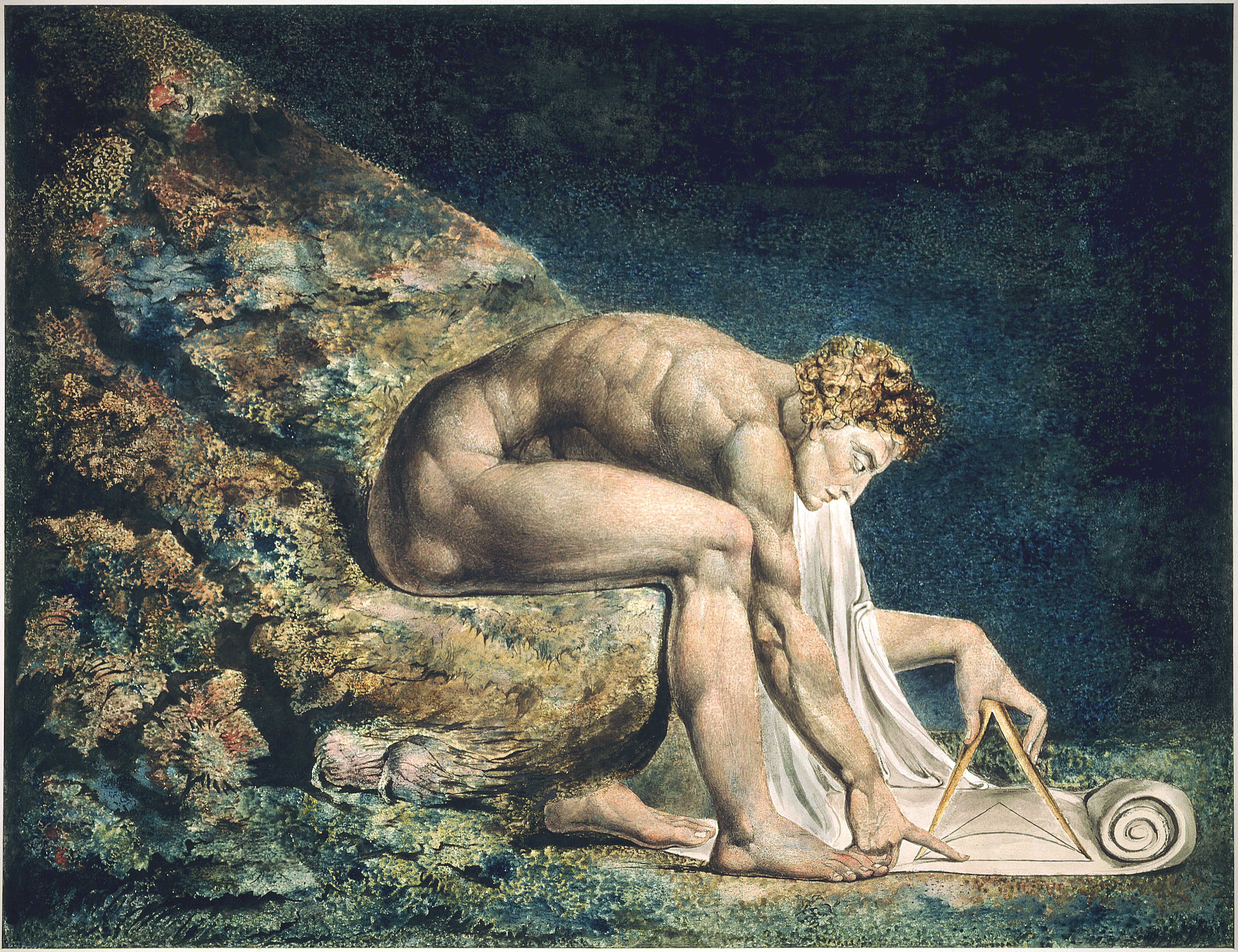A review of the book "Mathematics: The Loss of Certainty". Another footnote to Plato?
OK, I admit it. I was lousy at math in school. Advanced formal logic is
another "no go area". For that reason, I had to skip large parts of
this book, since it contains completely incomprehensible mathematical formulas.
Luckily, the author's main thesis is clear enough. Kline believes that mathematics is, wait for it, uncertain. To most people, that's news. Big news. Of course, Kline isn't talking about trivial stuff such as 1 + 1 = 2. Rather, he is referring to the ultimate axioms of more advanced mathematics. He believes that Russell and Whitehead failed to derive mathematics from logic. If math cannot be derived from logic, or vice versa, where does that leave us? It means that mathematics is - at least ultimately - an uncertain business.
According to Kline, mathematics is drawn from a variety a sources. Some of it is abstracted from observations of phenomena in the real world. (A trivial example would be the previously mentioned 1 + 1 = 2). Other mathematical categories, such as negative numbers, reflect nothing physical but are pure products of human thought. They are useful when making calculations about the real world, however. Were they invented by trial and error?
Thus, math is useful to scientists and engineers. However, since mathematics is a human construct, it's ultimately a fallible enterprise, just as regular scientific theories (which are often subject to revision or change). Some people would probably feel perfectly contended by this - after all, many of our scientific theories are working eminently well, otherwise we wouldn't have a high tech civilization. However, Kline sees the "loss of certainty" as a tragedy. In fact, he bemoans the cruel fate of mathematics page after page in his book. In the end, it almost sounds comical. But then, Kline is a math professor...
Kline does criticize those mathematicians who are so over-specialized that they only interest themselves in esoteric problems of "pure" mathematics, leaving applied mathematics to the plebs (or laboratory assistants). He believes that the future of mathematics lays in a closer symbiosis between applied math, natural science and engineering. However, Kline is impressed by quantum physics (the book was published in 1980). He wonders why math works so uncannily well when applied to such problems. Today, I suppose the critics of super string theory would argue that, well, actually it doesn't work very well - there's no empirical evidence for the exotic claims of these particular quantum physicists.
If Kline is right, math is an ingenious human invention, alongside the telescope, microscope or spectroscope. It's a very useful tool for understanding the world, but there is nothing inherently mystical, universal or eternal about it. It's a technique, neither more nor less. If the author is right, God - or is it the Demiurge - isn't a mathematician, after all.
Personally, I think the author is wrong, but it's always good to get your boat rocked from time to time. And whatever you do, please don't tell your math teacher (or the Discovery Institute) about this one!
Luckily, the author's main thesis is clear enough. Kline believes that mathematics is, wait for it, uncertain. To most people, that's news. Big news. Of course, Kline isn't talking about trivial stuff such as 1 + 1 = 2. Rather, he is referring to the ultimate axioms of more advanced mathematics. He believes that Russell and Whitehead failed to derive mathematics from logic. If math cannot be derived from logic, or vice versa, where does that leave us? It means that mathematics is - at least ultimately - an uncertain business.
According to Kline, mathematics is drawn from a variety a sources. Some of it is abstracted from observations of phenomena in the real world. (A trivial example would be the previously mentioned 1 + 1 = 2). Other mathematical categories, such as negative numbers, reflect nothing physical but are pure products of human thought. They are useful when making calculations about the real world, however. Were they invented by trial and error?
Thus, math is useful to scientists and engineers. However, since mathematics is a human construct, it's ultimately a fallible enterprise, just as regular scientific theories (which are often subject to revision or change). Some people would probably feel perfectly contended by this - after all, many of our scientific theories are working eminently well, otherwise we wouldn't have a high tech civilization. However, Kline sees the "loss of certainty" as a tragedy. In fact, he bemoans the cruel fate of mathematics page after page in his book. In the end, it almost sounds comical. But then, Kline is a math professor...
Kline does criticize those mathematicians who are so over-specialized that they only interest themselves in esoteric problems of "pure" mathematics, leaving applied mathematics to the plebs (or laboratory assistants). He believes that the future of mathematics lays in a closer symbiosis between applied math, natural science and engineering. However, Kline is impressed by quantum physics (the book was published in 1980). He wonders why math works so uncannily well when applied to such problems. Today, I suppose the critics of super string theory would argue that, well, actually it doesn't work very well - there's no empirical evidence for the exotic claims of these particular quantum physicists.
If Kline is right, math is an ingenious human invention, alongside the telescope, microscope or spectroscope. It's a very useful tool for understanding the world, but there is nothing inherently mystical, universal or eternal about it. It's a technique, neither more nor less. If the author is right, God - or is it the Demiurge - isn't a mathematician, after all.
Personally, I think the author is wrong, but it's always good to get your boat rocked from time to time. And whatever you do, please don't tell your math teacher (or the Discovery Institute) about this one!

No comments:
Post a Comment